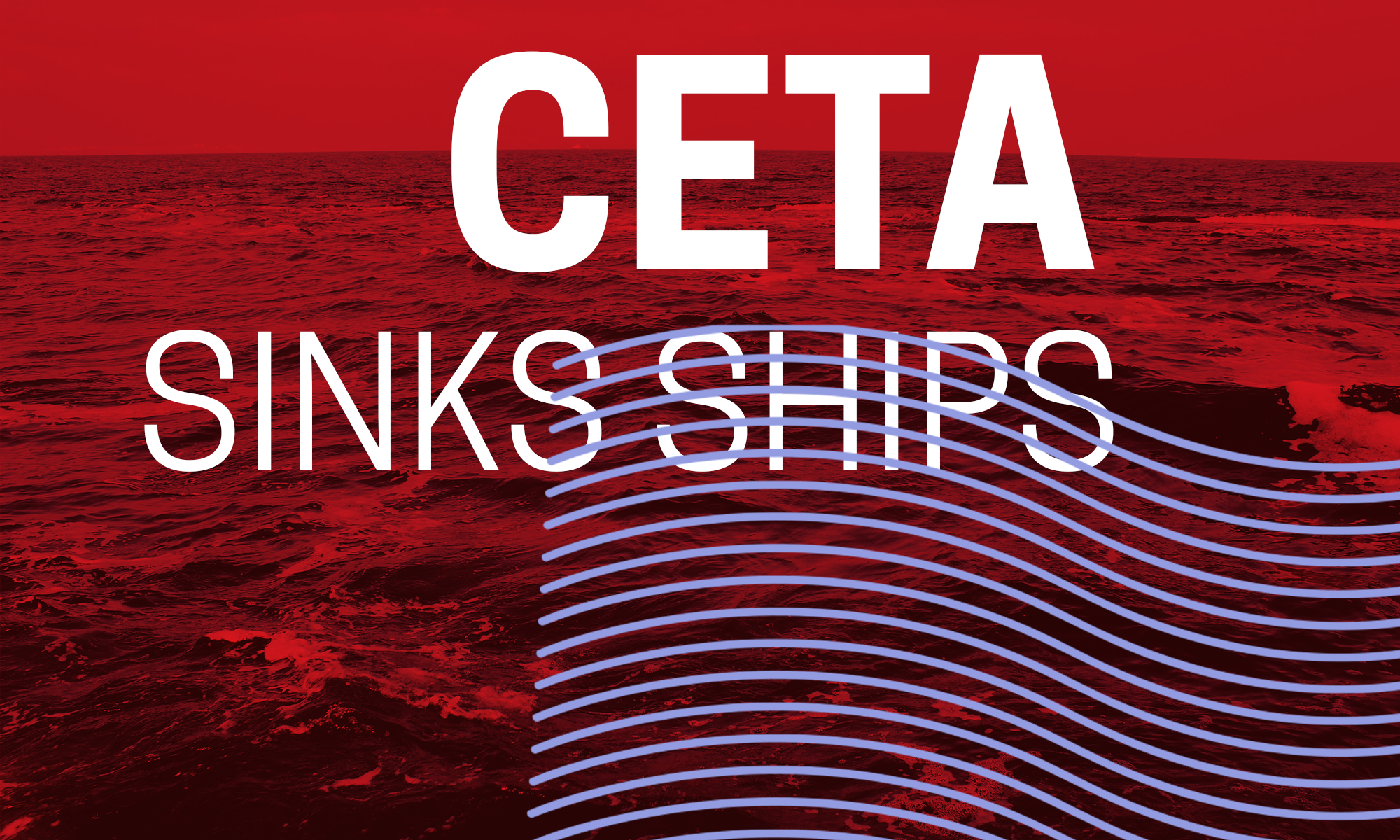This is a letter to Senator A.Raynelle Andreychuk, Chair of the Senate-Committee on Foreign Affairs and International Trade and Senators whose first language is English.
Dear Senator:
Having worked on Canadian ships since 1976, The Committee invited me (4/4/17) to appear before it on Thursday, 13/4/17 at 1130 am (see Invitation below) to testify on the effects of CETA’s Maritime Provisions on the ships and sailors of the Canadian Merchant Marine.
The Committee Clerk asked me , on 9/4/17, to voluntarily withdraw from testifying before the Committee in order to accommodate a very recent request from the Seafarers International Union of Canada to send a representative, presumably President James Givens, to address it. I offered to testify before it in vivo another day in order to assist both the S.I.U. of Canada and Senators inquiring into Bill C-30.
One day after having submitted a written copy of my intended testimony (10/4/17), the Committee’s Invitation to me was withdrawn.
President Givens, in testimony before the Committee on 13/4/17, stated: “Thankfully, Transport Canada and Global Affairs have assured us that changes under CETA will in no way allow EU ship-owners to bypass the Temporary Foreign Workers Program, which allow feeder services to operate between Montreal and Halifax. Foreign crew members on board will have to obtain temporary foreign worker permits.”
Yet, Clause 92 of Bill C-30, sub-paragraphs 2.3 and 2.4, state that European ships are exempted from doing just that when carrying international cargo between Montreal and Halifax, a Route granted to European Interests under CETA, as well as the transport of empty containers between any Canadian port. The Canadian Immigration and Citizenship Department has confirmed this.
Canada, being a large exporter of raw materials, international cargo is by far the greatest type of marine cargo transported in Canada, including between Montreal and Halifax. Therefore, very few Temporary Foreign Worker permits will be required.
In an information guide entitled “Working temporarily in Canada” issued by the Government of Canada:
– Page 5, in the examples, states that foreign workers in Canada under the aegis of free trade agreements (such as CETA), are exempt from Labor Market Impact Assesments (M.L.I.A.) so that there will not even be an opportunity given to Canadian seafarers to determine whether they are able, willing and offered the opportunity to work aboard European ships on Routes in which Maritime Cabotage Rights in Canada were granted under CETA.
– Page 9, entitled ” Work permit exemptions” says crew members of foreign-owned vessels engaged primarily in the transport of international cargo are not only exempt from obtaining Temporary Foreign Worker Permits, but again exempt from M.L.I.A.s, so no Canadians will be considered.
I have asked the President of the S.I.U. of Canada to inform the Committee members of the exemptions in Bill C-30 for European ship-owners in order to correct any mistaken impressions that foreign seafarers will be paid median Canadian wages when on European ships on Routes granted under CETA and that the Committee may consider advising the Senate to amend Bill C-30 in this respect.
As a Canadian sailor I, as well as thousands of my colleagues, look forward to the possibility of working on European ships granted Maritime Cabotage Rights within Canada at Canadian wage levels, along with foreign seafarers doing so at the same rates.
Sincerely,
Marc de Villers,
Wheelsman, “Camilla Desgagnes”,
CDN63142X,
Seafarers International Union of Canada, D-1289′
marcdevillers@icloud.com
514-404-6008.
